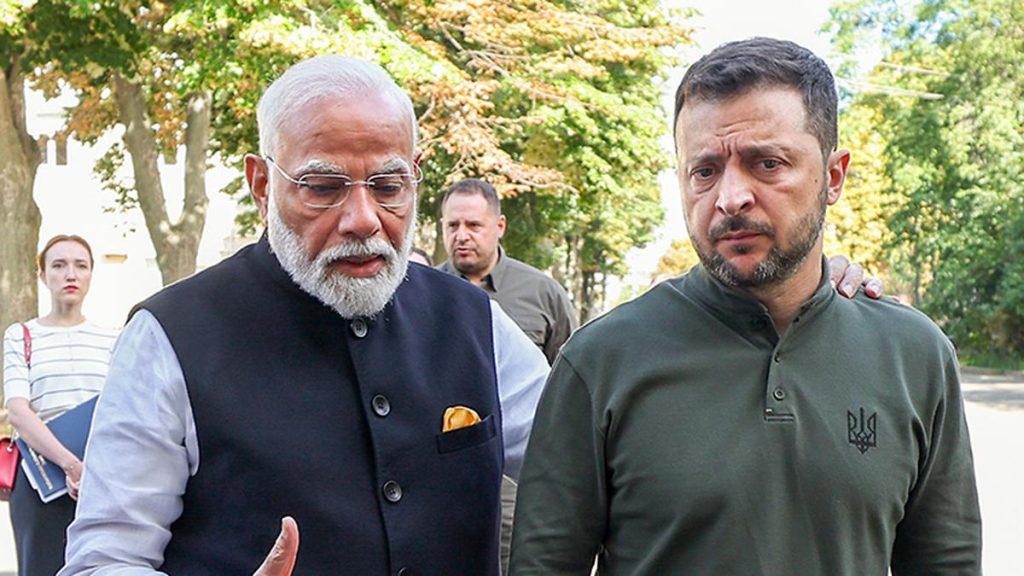Now Reading: ED Secures Interpol Purple Notice on New Money Laundering Modus Operandi
-
01
ED Secures Interpol Purple Notice on New Money Laundering Modus Operandi
ED Secures Interpol Purple Notice on New Money Laundering Modus Operandi
Fast summary
- Event: Indian Enforcement Directorate (ED) published its first Interpol Purple Notice.
- Purpose: Alert global law enforcement agencies to a unique trade-based money laundering modus operandi.
- Modus Operandi Details:
– Use of domestic and international shell entities to launder funds disguised as international trade.
– Methods included under-invoicing imports,sham duty-free imports like semiconductors,forged compliance documents,circular re-exports through third-country entities.
– Circular trading created the illusion of legitimate commerce while enabling large-scale illicit fund movement via formal banking systems and forgery.
- Global Impact: Purple Notice informs and sensitizes Interpol’s 196 member countries about emerging trends in money laundering techniques.
- Statement by ED:
– Cooperation on international platforms is critical for combatting trans-border money laundering activities.
– Informal channels are vital for timely asset tracing and effective examination processes.
Indian Opinion Analysis
The publication of Interpol’s Purple Notice underscores india’s growing leadership in tackling global financial crimes. By highlighting complex methods such as trade-based money laundering through legitimate-looking mechanisms like shell companies and circular trading, India positions itself at the forefront of shaping anti-money laundering policies internationally. This progress reinforces the importance of multilateral collaboration in addressing crimes with transnational implications.
For india, combating money laundering aligns with broader goals like enhanced transparency in commerce and safeguarding economic interests. The proactive approach shown by the ED demonstrates India’s commitment to ensuring accountability across borders. This effort could further bolster India’s reputation as an active participant in global governance against illicit financial activities.
For more details: Link
























